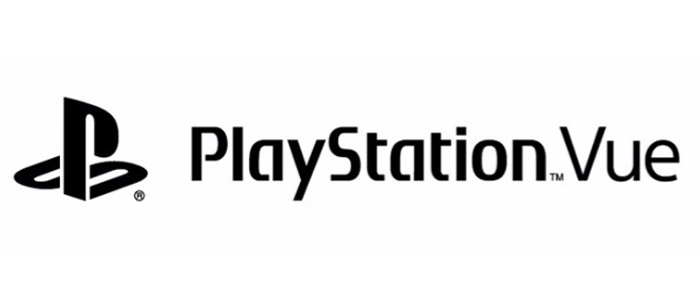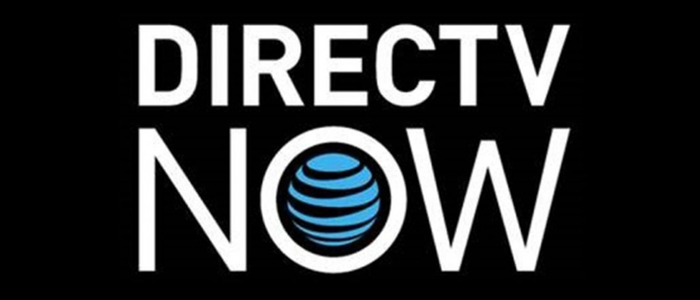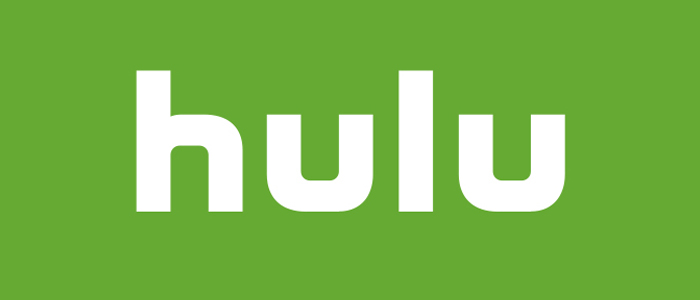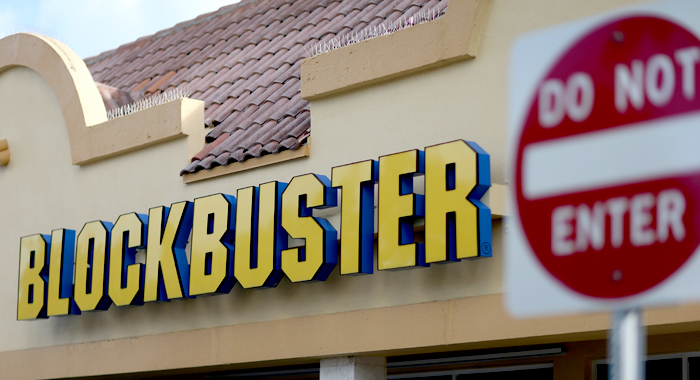Who’s Down With OTT? A Primer on Cord-Cutting and Streaming Live TV
Feel like shedding that cable subscription, but aren't sure what options are out there for you? Let us show you the way.
OTT — meaning “over-the-top” — is a term used to describe the delivery of film and TV content via the Internet, without requiring users to subscribe to a traditional cable or satellite pay-TV service. In other words, it’s a way to stream your favorite TV channels and network content without a cable subscription. Most people are already well aware of the different ways you can stream movies — Netflix, iTunes, Amazon Prime, FandangoNOW, etc — but fewer are familiar with the ways in which you can stream TV concurrently in the same way. There’s never been a more exciting time to cut the cord than right now, even if your excitement may be dampened somewhat by your local government’s attempt to tax you for being down with OTT (more on that later). Dish Network’s Sling TV may have started it all, but this year has seen a few strong competitors enter the market, with more on the horizon. With that in mind, we figured it was time to drop a primer and tell you about the new streams, new taxes, and what’s coming in the new year.
Sony’s Vue on OTT

When people cut the cord, one of the most common questions I’m asked is, “What about sports?” Up until recently, it’s been difficult to get everything in one place, especially for those who aren’t very tech savvy. You could go with Roku and just download all the “channels” available to sports fans from the leagues’ respective offerings: NBA TV, NFL Network, MLB.tv, Willow, etc. But you couldn’t get all of that in one easy place like your traditional cable outlet — that is, until Playstation Vue.
I’ve been testing Playstation Vue on Roku for the last couple months and the service is pretty darn robust. I’m not a sports fan, so that isn’t what drew me to the service, but I have some tech reviewer buddies who’ve switched to the service and watch more than just American sports. My futbol and rugby fanatic friends are able to find not only many of their local American football, baseball, and basketball teams on air on Vue, but they’re finding that the service carries stations that broadcast many athletic events outside of the U.S., including soccer stateside. Playstation Vue’s subscription model is tiered, starting at $40 a month and going up to $75 for all of the premium channels. At the $45 tier, you actually start getting sports channels, but the $55 tier delivers the widest offering for diehards. One downside for Vue is that they recently had to drop all Viacom channels, which include BET, VH1, MTV, Nickelodeon’s channels, Comedy Central, and a few others. You can see the full list of dropped channels here.
Like Sling TV, Playstation Vue includes live, local TV stations so you don’t have to fuss with installing an over-the-air HD antenna. That means you get your local FOX, ABC, CBS, NBC, and CW affiliates. You’ll also get a cloud-based DVR out of the deal, but with one caveat: it’s not available if you’re using Roku. Outside of the Playstation 3 or 4, you can download the Playstation Vue app on Roku, Google Chromecast, Amazon Fire TV, Android TV, and Android and iOS mobile devices.
DirecTV Now

Competition from AT&T’s new DirecTV Now service brings more options to those looking to cut the cord. Though no exact launch date has been given yet, AT&T held a special event in New York just yesterday, where they unveiled the new service. Pricing starts at $35 for 100 channels, an offering squarely aimed at undercutting traditional cable service providers. After that, there are three higher tiers that increase in price and offer more channels, similar to the tiered pricing with Vue. Variety apparently came into some leaked documents and pointed out some oddities with the service, like what appears to be licensing getting in the way of use across platforms. In one case, you’ll be able to stream local programming from NBC in some markets, but only on PCs and mobile devices, not smart TVs — for the record, cases like this are why I have a Chromebox connected to my TV. According to Variety, NBC didn’t respond to a request for comment.
DirecTV Now will have other features that Variety outlined in their article from the leaked documents, but I don’t want to go into that in detail since it isn’t official. One thing I will comment on is a feature which sounds pretty cool and gives you an automated DVR functionality that could be worthwhile. According to those documents, many of the networks on the platform will support a 3-day DVR window, which will allow you to watch shows up to 72 hours after their original airing. Not bad, unless your show airs on Monday or Tuesday and the only time you have to catch up is over the weekend.
Hulu’s Down With Live OTT in 2017

Hulu just announced an upgrade to their existing service that will include live TV. You’ll have to wait until next year to get those channels, but if nothing changes between now and then, it’s shaping up to bring major competition to Sony and AT&T. Hulu just announced new agreements with 21st Century Fox and The Walt Disney Company, which will add more than 35 networks, including broadcast networks FOX and ABC; Fox Sports networks such as Fox Sports 1, Fox Sports 2, and BTN; ESPN, ESPN2, ESPNU, ESPN-SEC, and ESPN 3; Fox Regional Sports Networks; Disney Channel, Disney XD, and Disney Junior; Fox News and Fox Business; Freeform; FX, FXX, and FXM; and National Geographic and Nat Geo Wild. You can get many of those same networks on the Vue platform, so we’ll have to see if they add any more between now and the launch of Hulu’s new live streaming service.
The addition of these new networks to Hulu’s lineup is on top of the announcement they made earlier this year of an affiliate agreement with Time Warner Inc. for live and on-demand streaming of Turner’s suite of entertainment, sports, news, and kids’ networks, including TNT, TBS, CNN, Cartoon Network, Adult Swim, truTV, Boomerang, and Turner Classic Movies. The service is rumored to cost consumers $40 a month, but that hasn’t been confirmed, so take it with a grain of salt.
Honorable Mention: Google and YouTube
I’m going to add this one despite my feelings on Google’s seemingly indefinite Beta status of some of its products and the delayed rollout of their much anticipated Fiber offering in some cities, but they’ve recently inked a deal with CBS to carry their content on a subscription service that is in the works. The service, which will reportedly debut early next year as a part of YouTube, will be similar to YouTube Red. “Industry insiders” are saying that they’re close to closing a deal with 21st Century Fox as well, but aren’t as far along in their negotiations with ABC and NBC. I hope this fares better than Android TV has, though Chromecast is definitely nothing to sneeze at.
DVDs, Blu-Rays, and Taxes
That was the fun stuff, but all that glitters ain’t gold. So many of us are apparently getting our movies and TV shows on demand and over-the-top that big box stores are seeing declines in the purchase of DVDs and Blu-rays. This amounts to a loss of revenue for cities that collect sales tax on those purchases. Additionally, as brick-and-mortars go the way of the dodo, there’s also the loss of business and property taxes which local governments used to collect.
In California, Pasadena’s city finance department already decided to apply a 9.4 percent tax on “video services” to subscribers of streaming services. The tax goes into effect January 1, 2017, and they aren’t the only ones. At least 45 other California cities have been advised that they could tax their residents’ online viewing using their existing tax rate for cable providers. Those tax rates range from 4.5 to 11 percent. In Chicago, the city is also really going hard on taxing their citizens. Not only will services like Netflix be taxed at 9 percent, but Chicago’s tax will include streaming services for music, movies, games, and satellite TV. But wait, there’s more! The city also changed its personal property lease transaction tax so that not only is “cloud TV” getting hit but now certain “cloud” services like real estate listing and legal research databases will see taxation.

This is why it’s important for us to read those measures which make their way onto the ballots when we vote in local elections. In California, voters are the only ones who can increase their taxes. Pasadena and other cities are saying that previous votes already included these services. According to the Pasadena Star News:
“Pasadena’s Finance Director Matthew Hawkesworth made his determination Thursday that the tax applies to video games and streaming services similar to cable ‘regardless of the content of such video programming, or the technology used to deliver such services,’ according to a memo to City Manager Steve Mermell.
‘It’s our interpretation because of our code, these types of video services have always been eligible to be taxable,’ Hawkesworth said. ‘The administrative ruling is instructing the various companies that offer video service that the tax includes their services as well, and it will be incumbent upon them to collect the tax and remit it to the city.'”
Apparently, in the late 2000s, many cities went to voters to amend their utility user taxes because they saw this coming and intentionally made the language in those amendments very open-ended with regard to video services. Whether or not you think this is fair depends on where you stand with the municipal loss of tax revenue due to the decrease in sales tax and business and property tax. Afterall, it used to be that a business like Blockbuster Video would bring revenue to a city by being there in those communities, but now a business like Hulu can “rent” videos to folks in Snohomish, Washington without having a brick-and-mortar presence there. Ah, progress! Ain’t it grand?
Tshaka Armstrong is a huge nerd and activist who also writes for foxla.com and his own site, tshakaexplainsitall.com, where he talks about food, bearding properly, tech, family, and equality.
Follow Tshaka on Twitter: @tshakaarmstrong



